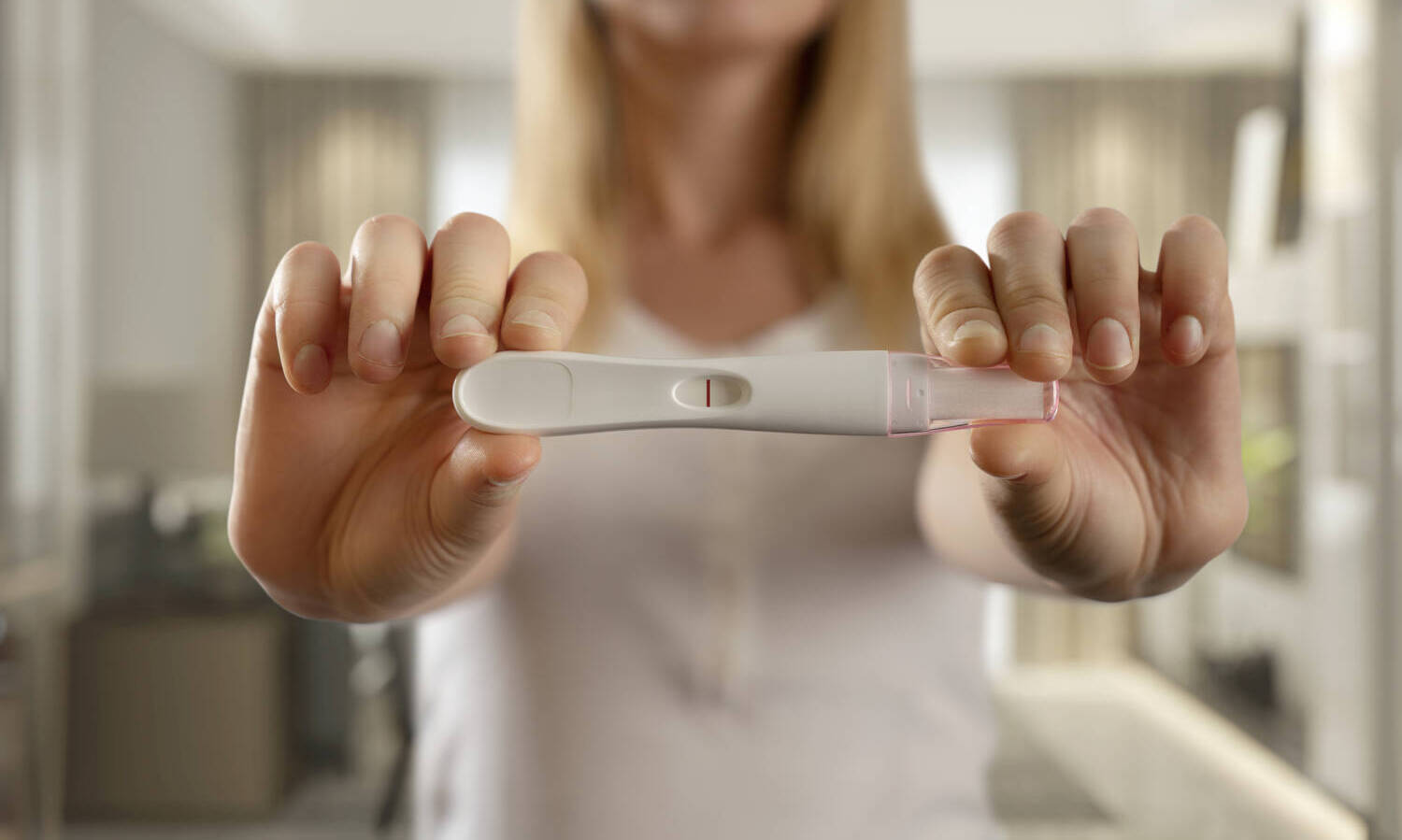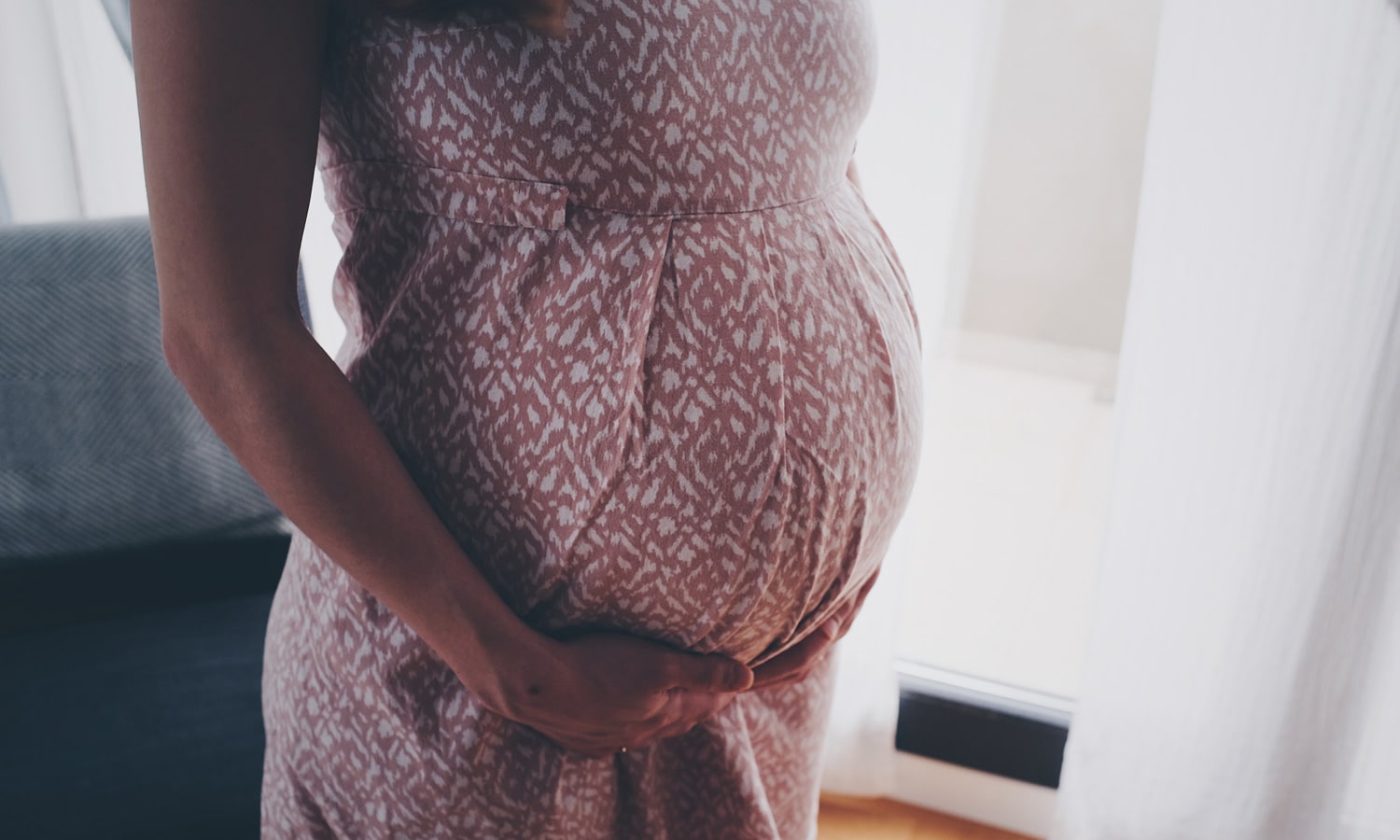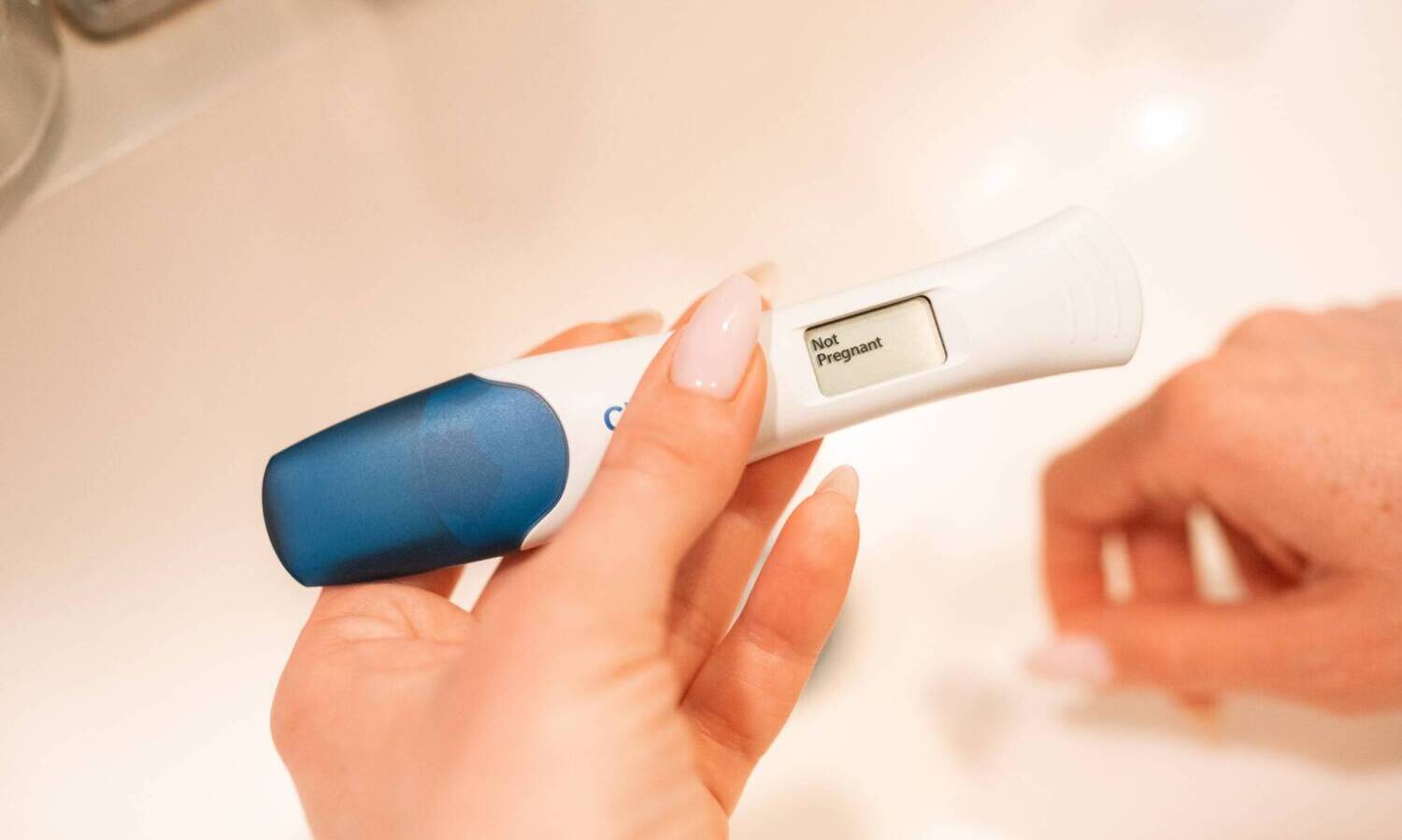The legislation would prevent pregnant women from getting medical marijuana even when she and her doctor agree it’s in the best interest of her health and the health of her baby.
By
The controversial bill approved by the Alabama Senate, introduced recently by State Sen. Larry Stutts (R), requires that all women between the ages of 13 and 50 prove that they are not pregnant or breastfeeding in order to buy medical cannabis.
Emma Roth, a staff attorney with the National Advocates for Pregnant Women (NAPW) said no state in the union has ever passed a law like this because, for starters, it’s unconstitutional.

“This is completely unprecedented because it is so clearly unconstitutional,” she said.
Roth said Oklahoma considered a similar provision in 2018 through executive order but backed off amid the high possibility of a legal challenge.
“We have serious concerns, just from a constitutional perspective and a public health perspective” about Stutts’ bill, Roth said per Al.com. “We are very concerned that this is an invasion of the privacy of Alabama women and their right to equal protection under the law.”
Legal issues aside, the legislation is also “not grounded in science,” Roth added, pointing to a 2020 study that found evidence that does not suggest prenatal cannabis use leads to cognitive impairments.
Indeed, there are several conditions where medical marijuana is helpful for pregnant women, such as epilepsy and hyperemesis gravidarum, the latter being a severe form of morning sickness that can lead to weight loss, studies show.

A Sad But True Story
Katie Darovitz, an Alabama woman with epilepsy, was told by her doctor to stop taking her anti-seizure medication when she became pregnant because of its links to birth defects, so she admittedly turned to medical cannabis to control and prevent her seizures.
RELATED: Alabama Senator: Women Need To Prove They’re Not Pregnant To Buy Medical Marijuana
However, she was arrested for chemical endangerment of a child several weeks after the December 2014 birth of her son because they both tested positive for marijuana, even though the newborn was perfectly healthy.
Darovitz’ charges were ultimately dropped, but Roth said her case showed that the decision on whether to obtain medical marijuana should be up to a woman and her doctor, not the Alabama Legislature.
RELATED: Here’s Why Women Are Using Cannabis During Pregnancy
“This legislation would prevent pregnant women from getting medical marijuana even when she and doctor agree it’s in the best interest of her health and the health of her baby,” Roth said.
“When someone becomes pregnant, their preexisting medical conditions do not suddenly cease to exist.”


